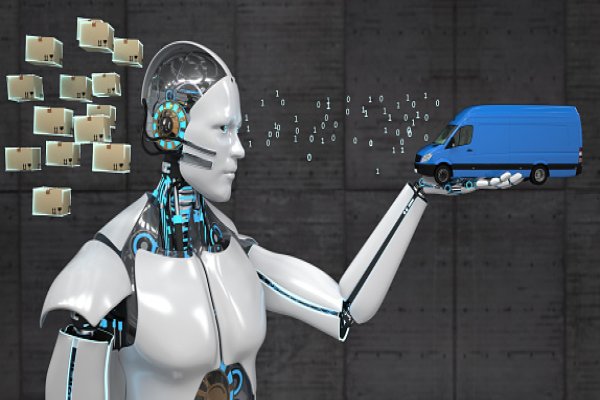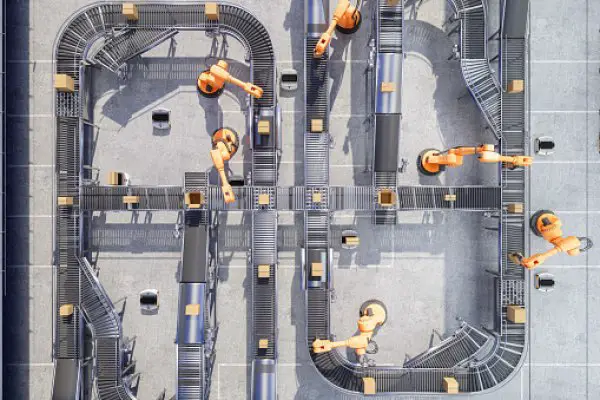On March 21, 2023, in Boston, a mobile phone displayed the OpenAI logo on its screen, with output from ChatGPT being simultaneously visible on the computer monitor.
The Italian government’s privacy watchdog has temporarily blocked ChatGPT’s artificial intelligence software due to a recent data breach. Exercising caution, the agency is taking the necessary steps to ensure safety.
Eliezer Yukowsky, a noted artificial intelligence researcher and the head of research at the Machine Intelligence Research Institute, is calling for an urgent cessation of training any AI system more powerful than ChatGPT.
Elon Musk, Steve Wozniak, Yuval Noah Harari, and other tech heavyweights recently signed an open letter petitioning for a 6-month moratorium. However, according to Yukowsky’s opinion, this would not be enough, as expressed in Time Magazine.
Eliezer Yukowsky says:
“Profound risks to society and humanity”, “understated”
“I refrained from signing because I think the letter is understating the seriousness of the situation and asking for too little to solve it,”
Two weeks after OpenAI launched GPT-4, many tech leaders and over one thousand other signatories voiced their concerns in an open letter. The letter highlighted the dangers posed by artificial intelligence that can outperform human capabilities, which may arrive earlier than anticipated.
We must ponder whether to permit machines to inundate our communication media with propaganda and falsehoods and automate all the jobs, including the ones that give satisfaction.
Decision-making on whether to create nonhuman minds that could become superior and potentially replace us should not be handed over to tech leaders who have not been elected. Doing so would be a risk to our civilization and its control by us.
Yukowsky cautions that developing an AI with surpassingly advanced intelligence without proper planning and care could spell disaster for humanity, potentially leading to global extinction.
Many researchers, including Yudkowsky himself, anticipate that a superhumanly smart AI created in the current circumstances would almost certainly result in the deaths of everybody on Earth- quite unsurprisingly – rather than having some far-fetched chance of survival.
Given the power of an opposed superhuman intelligence, Yudkowsky warns of a catastrophic outcome where humanity and all other life on Earth could be lost. Without proper safety protocols due to current conditions, a too-powerful AI could spell doom for humanity and every living creature.
Yudkowsky advocated for a moratorium on AI development while maintaining that none of the proposed plans for ensuring AI’s alignment with human values were viable.
Yudkowsky cautions that, without taking the necessary precautions, a superhuman AI could pose a great risk to both sentient life and humans; the most plausible conclusion is that it would not be concerned for either.
While the idea of a complete ban on AI development may seem extreme, it highlights the very real concerns about the potential dangers of this technology. As AI systems become more complex and capable, the risks associated with their development and deployment also increase.
Ultimately, whether or not to ban AI development is complex, with no easy answers. However, it is clear that, as a society, we must carefully consider the potential risks and benefits of this technology and work to develop robust regulations and safety measures to ensure that AI is used for good rather than harm.
Source: TimesNow



